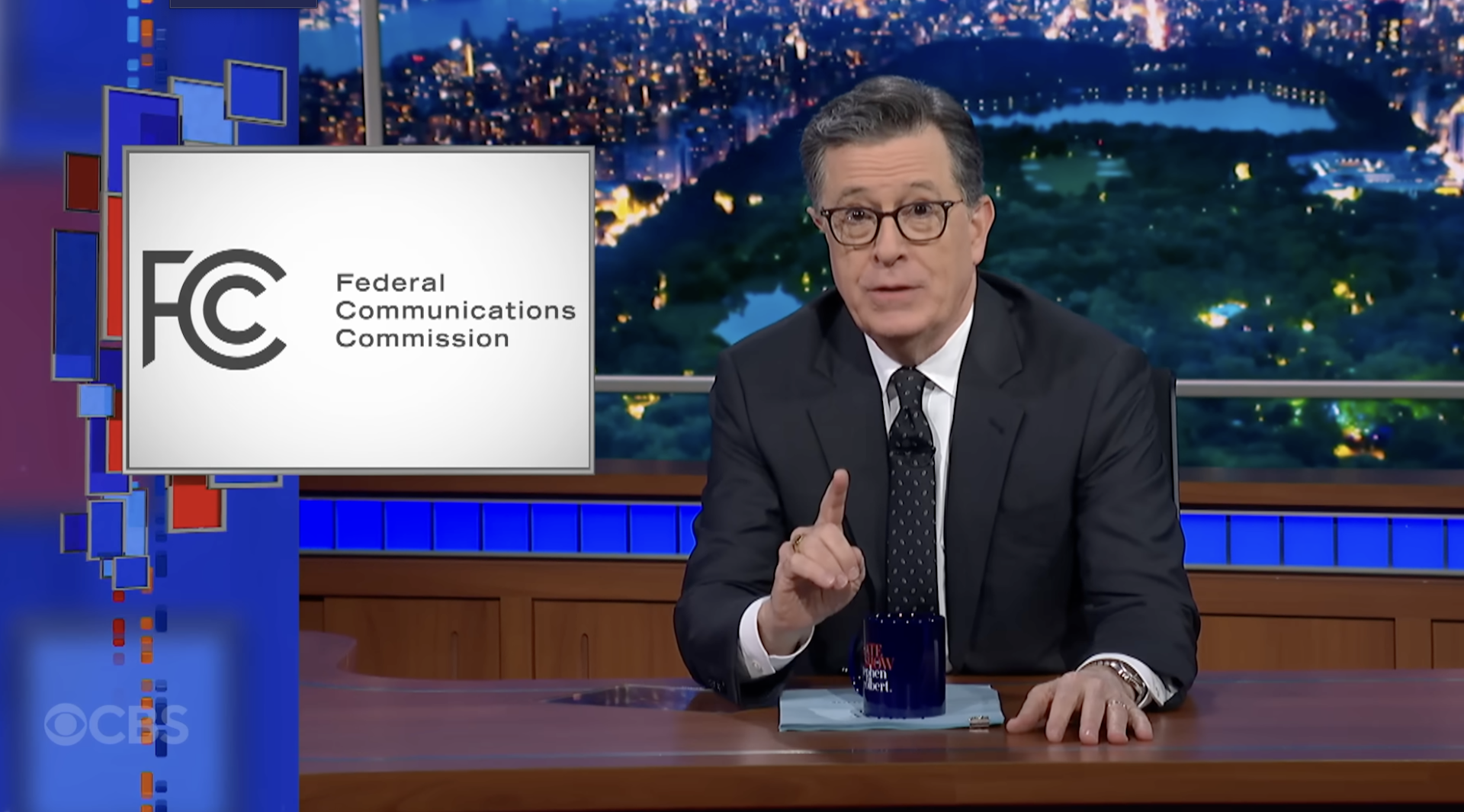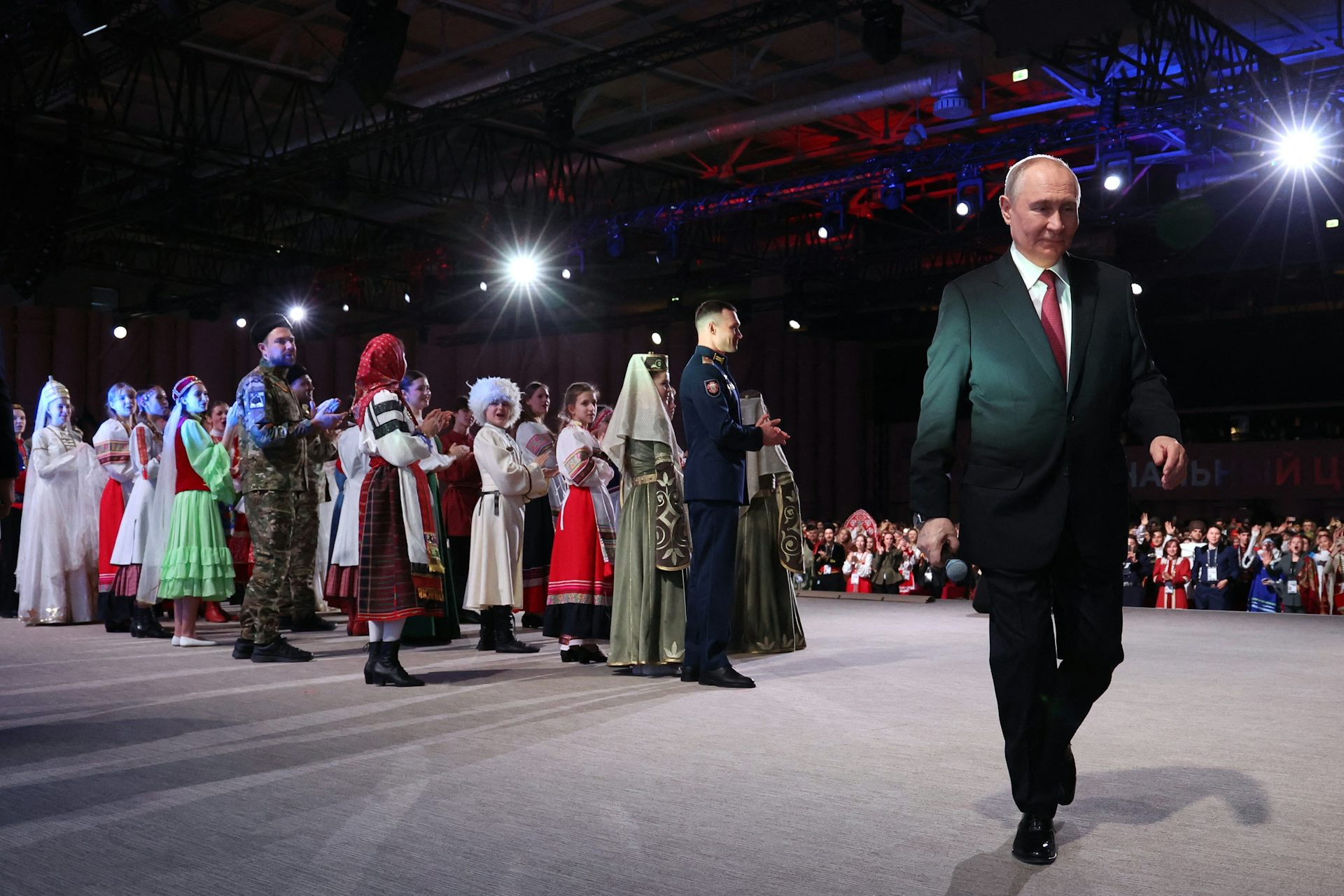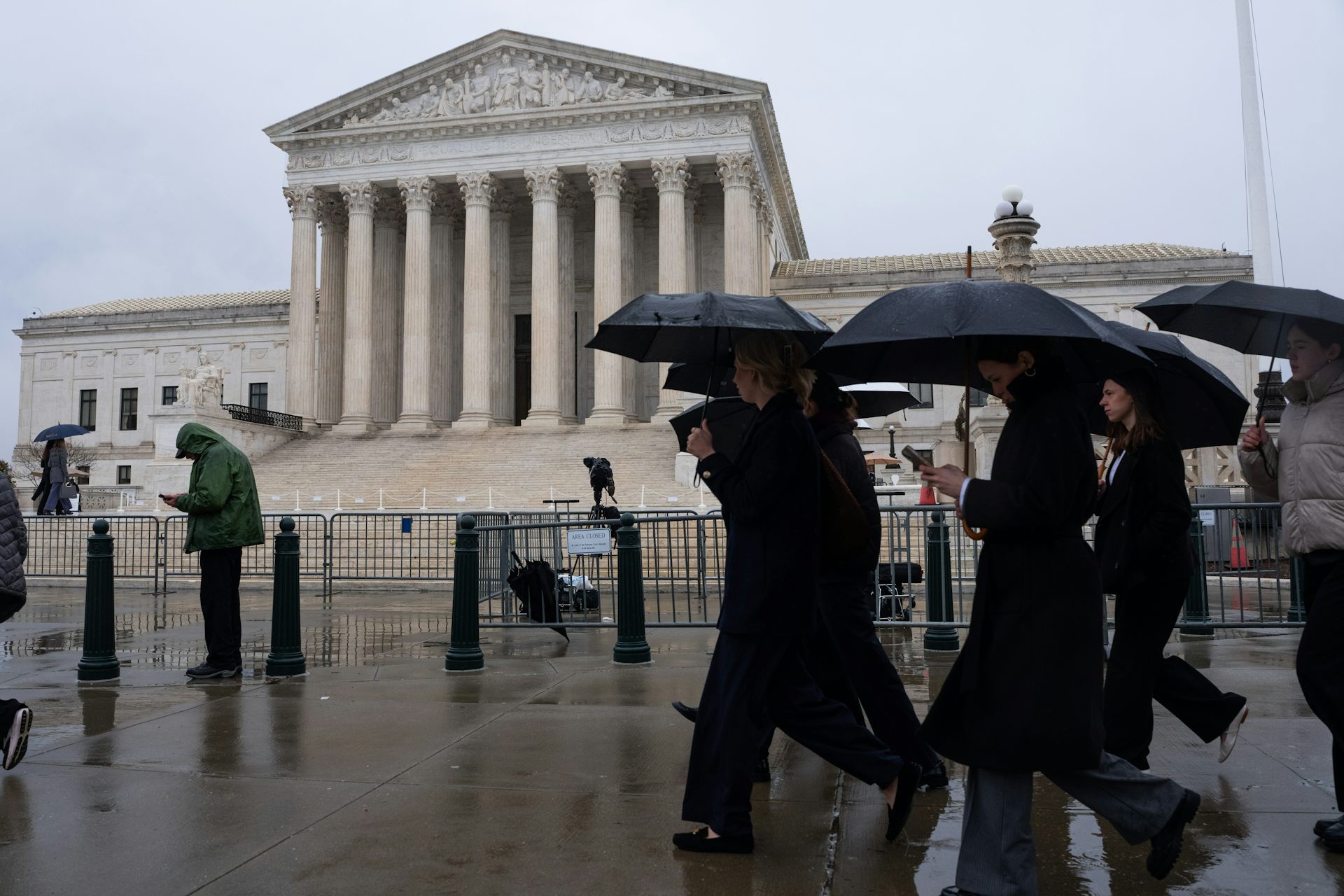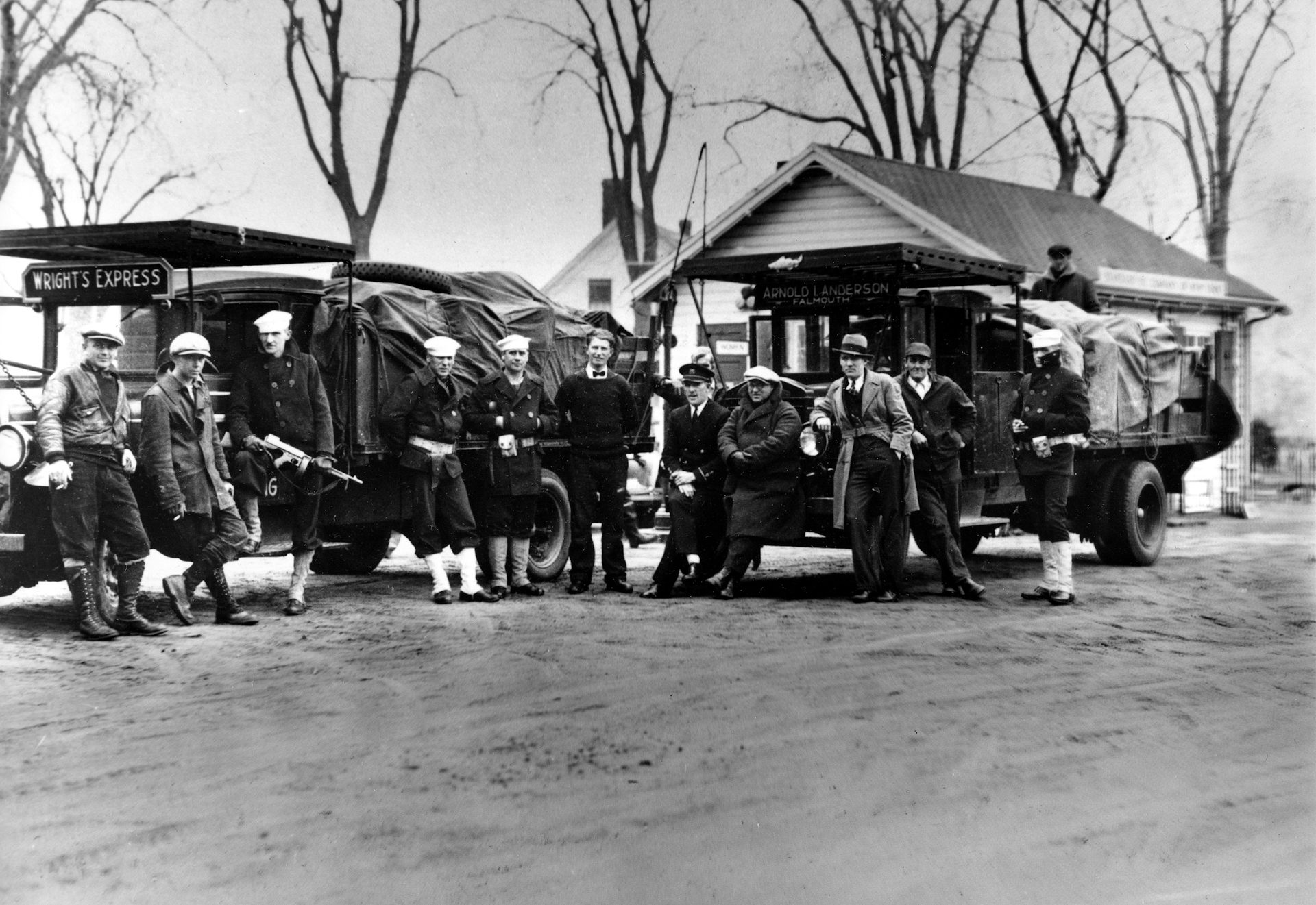Look out for the 'Skutnik' during Trump's State of the Union
Since 1982, presidents have invited special guests to the State of the Union who they believe embody values around which the nation can rally.
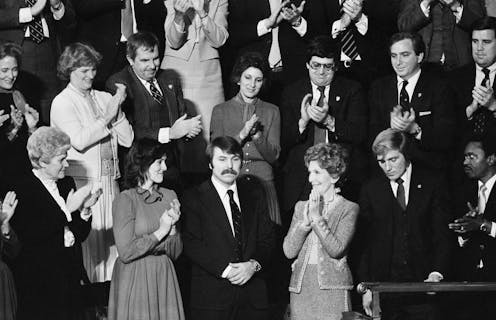
On a bitterly cold and snowy day in January 1982, Air Florida flight 90 took off from Washington D.C. heading to Tampa, Florida.
Immediately after takeoff the plane began experiencing problems from the ice that had formed on its wings. It plummeted, skipping off Washington’s 14th Street bridge and crashing into the icy waters of the Potomac River.
The ensuing rescue effort was broadcast on local television. Frigid temperatures and bad weather hampered the first responders. With time running out to save the crash victims, a bystander named Lenny Skutnik suddenly jumped in and saved flight attendant Priscilla Trijado, who had twice fallen back into the water after slipping away from rescue lines.
A speechwriter for Ronald Reagan named Aram Bakshian was watching the coverage. He immediately thought Skutnik’s story would resonate with the American people and decided to include it in his draft of Reagan’s upcoming State of the Union address.
A few weeks later, Skutnik was sitting in the gallery of the U.S. House chamber watching as President Reagan told his story.
Reagan recounted the rescue. He said Skutnik embodied “American heroism at its finest.”
Reagan then looked up at Skutnik, who was seated in the gallery next to First Lady Nancy Reagan. The chamber burst into applause.
This was the first of what was to become a tradition in State of the Union addresses. It has become such a predictable part of the speech that the act of pointing out a guest seated in the gallery has become known as “the Skutnik,” and the guests themselves are referred to as “Lenny Skutniks.”
Why presidents do it
Presidents have historically selected uncontroversial figures who embody a positive message, or at least who represent a political agenda framed in virtuousness for the greater good.
When George W. Bush talked about kindness and self-sacrifice in his 2007 address, he praised professional basketball player Dikembe Mutombo – a new U.S.citizen – for building a hospital in his hometown in the Democratic Republic of Congo.
In his 2011 address, President Barack Obama pointed out guest Brandon Fisher in the context of discussing American hard work, ingenuity and selflessness. Obama told how Fisher’s Pennsylvania company specialized in new drilling technologies that helped rescue the trapped Chilean miners the year before.
People like Skutnik, Mutombo and Fisher represented values that presidents believed were important. They provided role models for others to follow.
Presidents also use the State of the Union as an opportunity to set out ambitious political priorities. By pointing out heroes, presidents can put a face and a story to the policies they want to highlight.
For example, in his 1999 address, President Bill Clinton, while talking about his initiatives to combat racism and inequality, pointed to civil rights icon Rosa Parks who was seated in the gallery next to First Lady Hillary Clinton.
In 2002, President George W. Bush gave his first State of the Union address after the 9/11 terrorist attacks. He singled out Hermis Moutardier and Christina Jones – two of the flight attendants who thwarted “shoe bomber” Richard Reid on American Airlines Flight 63 bound from Paris to Miami in 2001. He also pointed to Sharon Spann, widow of CIA officer Michael Spann, who was killed in Afghanistan.
As presidential scholars Karlyn Kohrs Campbell and Kathleen Hall Jamieson write in their book, Presidents Creating the Presidency, State of the Union addresses are about celebrating shared values, aspirations and national identity.
That’s especially true when it comes to the Skutnik.
Anthony F. Arrigo does not work for, consult, own shares in or receive funding from any company or organisation that would benefit from this article, and has disclosed no relevant affiliations beyond their academic appointment.
Read These Next
Why Stephen Colbert is right about the ‘equal time’ rule, despite warnings from the FCC
The ‘equal time’ rule has been around for a century and aims to promote broadcasters’ editorial…
As war in Ukraine enters a 5th year, will the ‘Putin consensus’ among Russians hold?
Polling in Russia suggests strong support for President Vladimir Putin. Yet below the surface, popular…
Supreme Court rules against Trump’s emergency tariffs – but leaves key questions unanswered
The ruling strikes down most of the Trump administration’s current tariffs, with more limited options…


